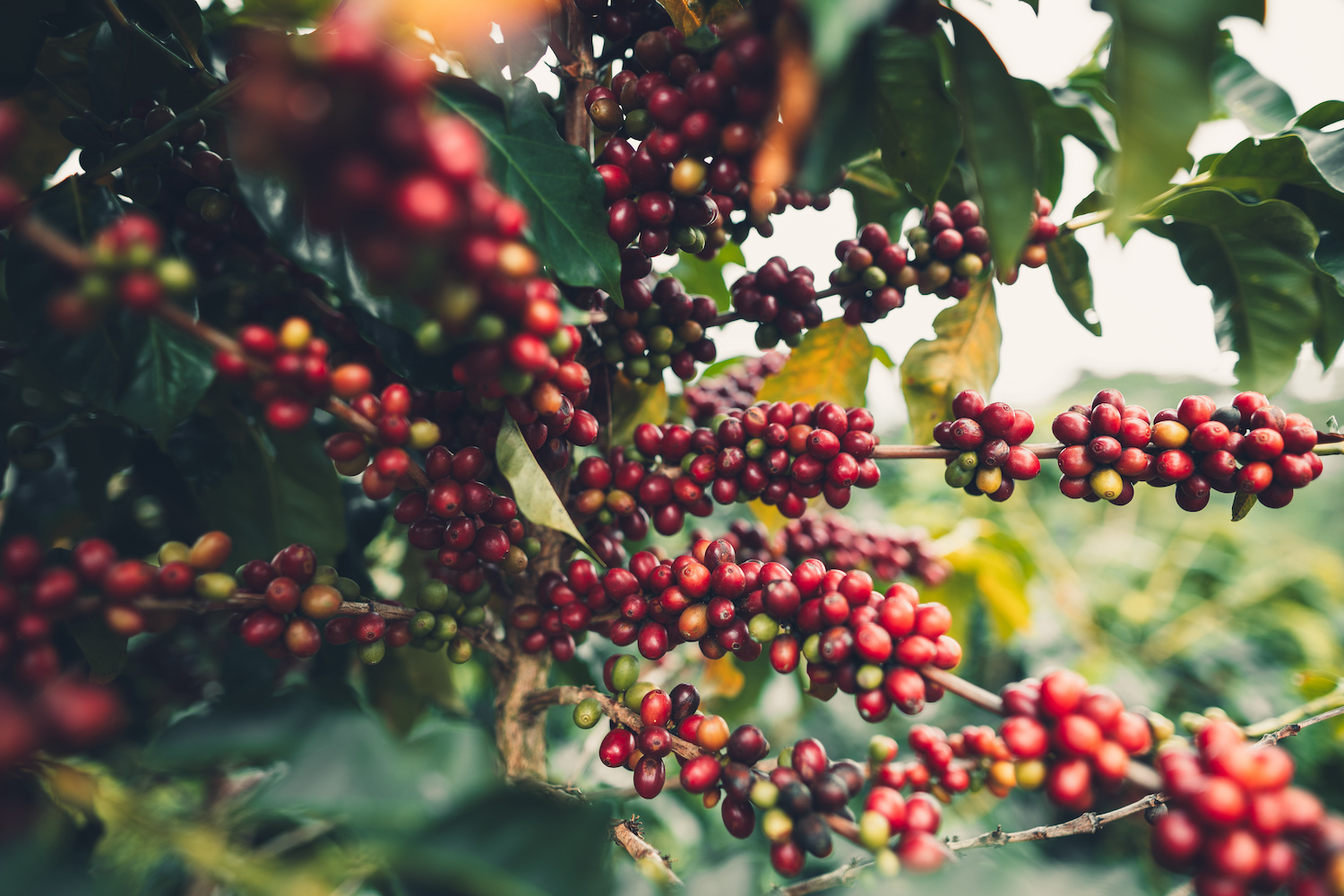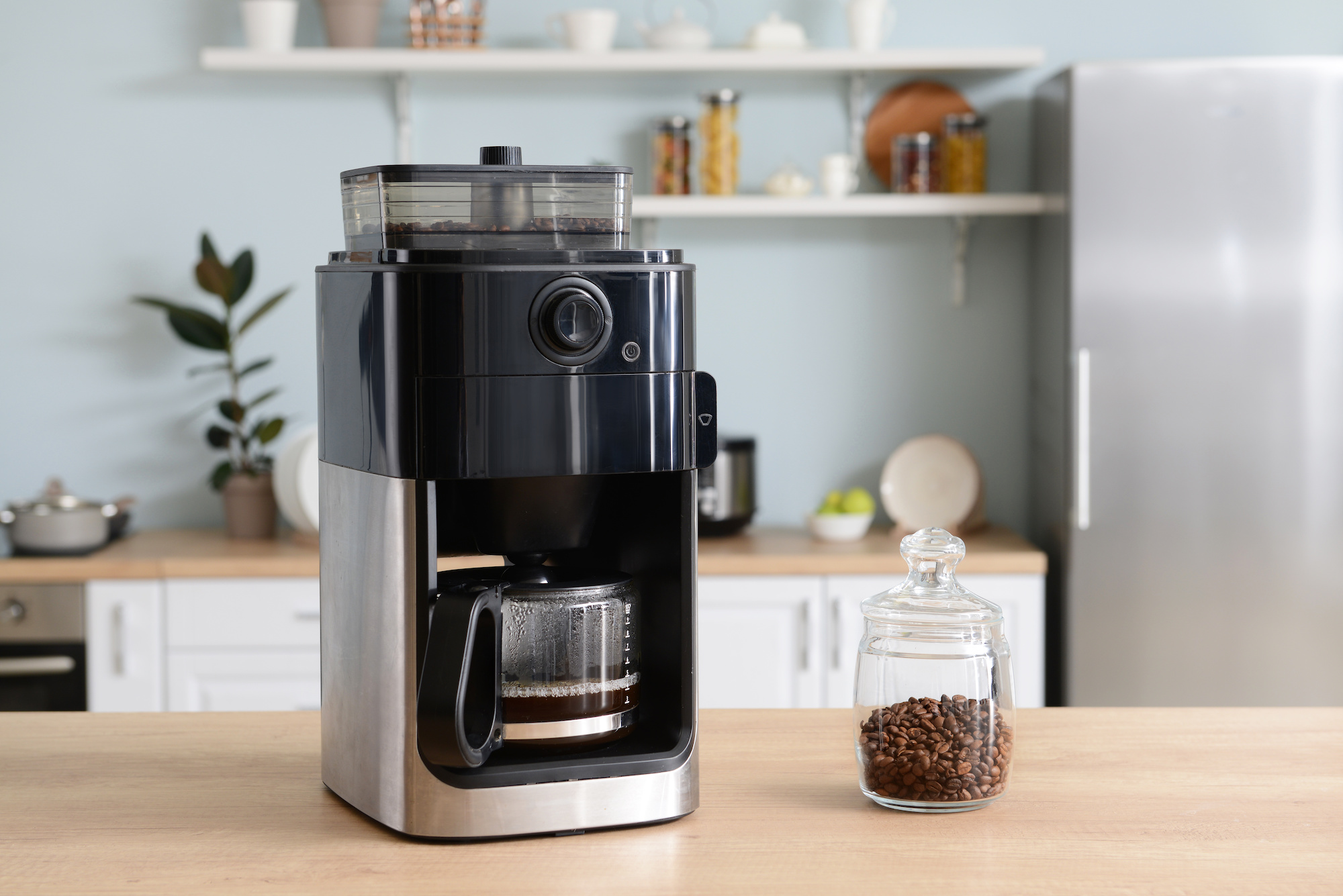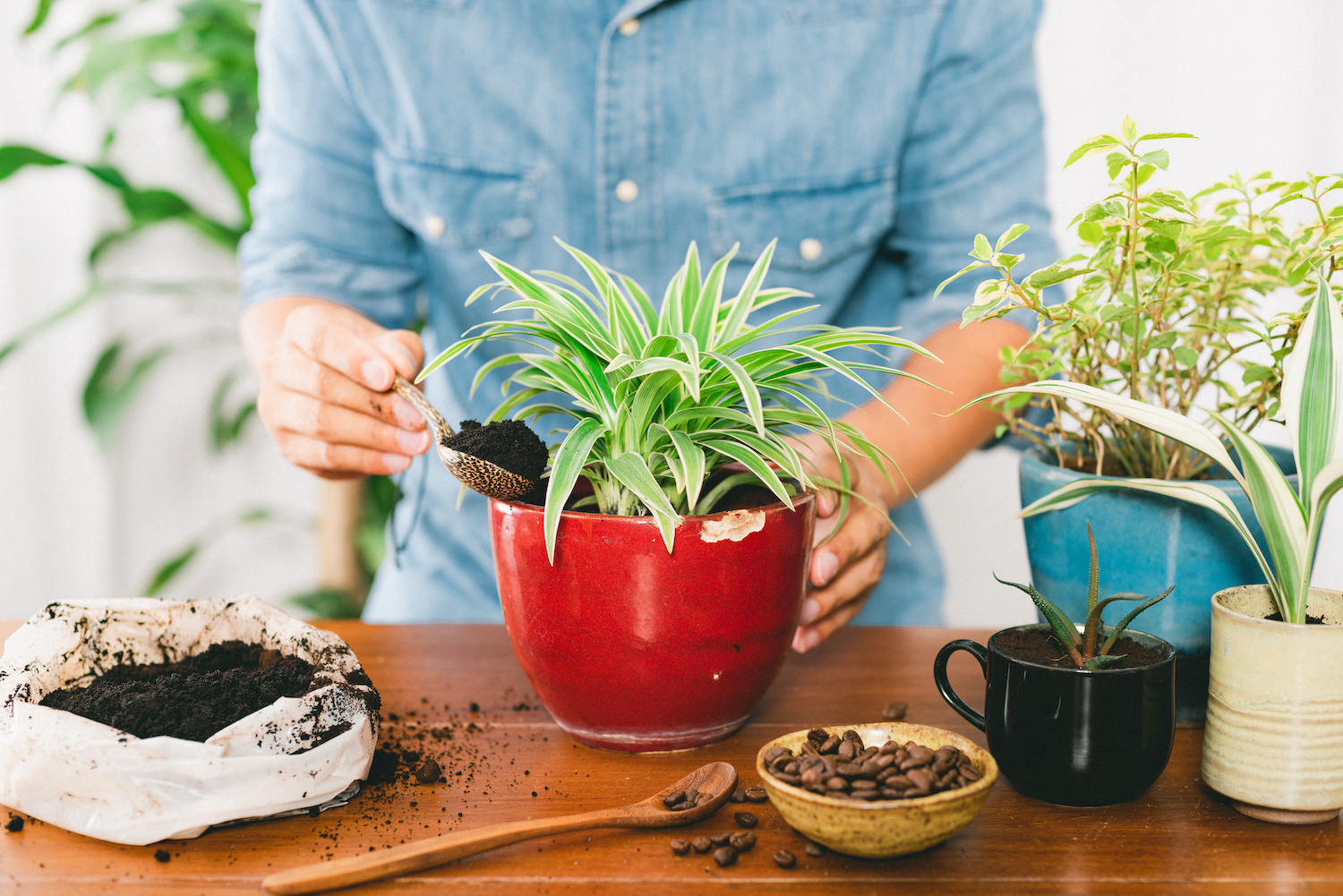How to Reduce Coffee Waste: 4 Strategies That Work

People throw away around 50 billion coffee cups annually in the US. Most single-use coffee pods end up in landfills and millions of tons of coffee grounds.
It’s unacceptable that coffee, which tastes so good, causes so much harm to the planet.
But it doesn’t have to be like that! There are many ways you can reduce coffee waste as a consumer so you can continue to enjoy it guilt-free. Here are some tips for lowering coffee waste you can implement today.
1. Brew Only the Amount of Coffee You Need
Be honest: do you always make too much coffee because you don’t understand your coffee maker’s settings? Or do you throw in spoonful after spoonful of coffee into your French press until the amount looks “about right”?
You’re likely producing much coffee waste by brewing more than you need.
Figuring out how to reduce coffee waste starts by learning how to brew the exact amount you need. This shouldn’t be too difficult if you drink coffee from the same reusable coffee mug daily.

2. Invest in a Quality Coffee Maker That Has a “Pause and Serve” Feature
If you’re in the market for a new coffee maker, choosing one with a “pause and serve” feature could help you reduce coffee waste if you have a large household. It’s also helpful if you like to drink many cups in the morning.
Pausing your coffee machine mid-brew allows you to serve a cup of coffee before resuming the rest of the brew. That means you don’t have to re-brew another carafe of coffee every time you want only one cup, and it will reduce waste.
3. Store Coffee Beans in an Airtight Container To Keep Them Fresh
Unopened packs of coffee beans stay fresh for two to three years in the freezer. So in your kitchen cupboard, they will last about six to nine months.
Some people think an opened pack of coffee beans will still taste good for up to six months afterward. But most coffee nuts will say you should use them within a month.
You can avoid throwing out stale beans by learning how to store coffee beans to keep them fresh. Invest in airtight containers that are large enough for the whole bag. Also, only grind coffee beans you know you will use soon.

4. Use Leftover Coffee Grounds to Fertilize Plants or Deter Pests
Did you know that coffee grounds make great compost? Plants love the nutrients in most organic materials. So instead of throwing out your leftover coffee grounds, sprinkle and rake them into your soil.
You will benefit from using coffee grounds as a pest deterrent because slugs hate coffee. You can keep garden pests from seating areas by sprinkling coffee around your patio or setting out bowls of leftover grounds.
Reduce Coffee Waste With These Top Tips
Knowing how to reduce coffee waste is a win-win. You will not only be a friend to the environment, but you will also save money by wasting less of your high-quality coffee too.
We stock many high-quality coffee beans to please every coffee lover’s cup. Check out our store to find your new favorite brew.

